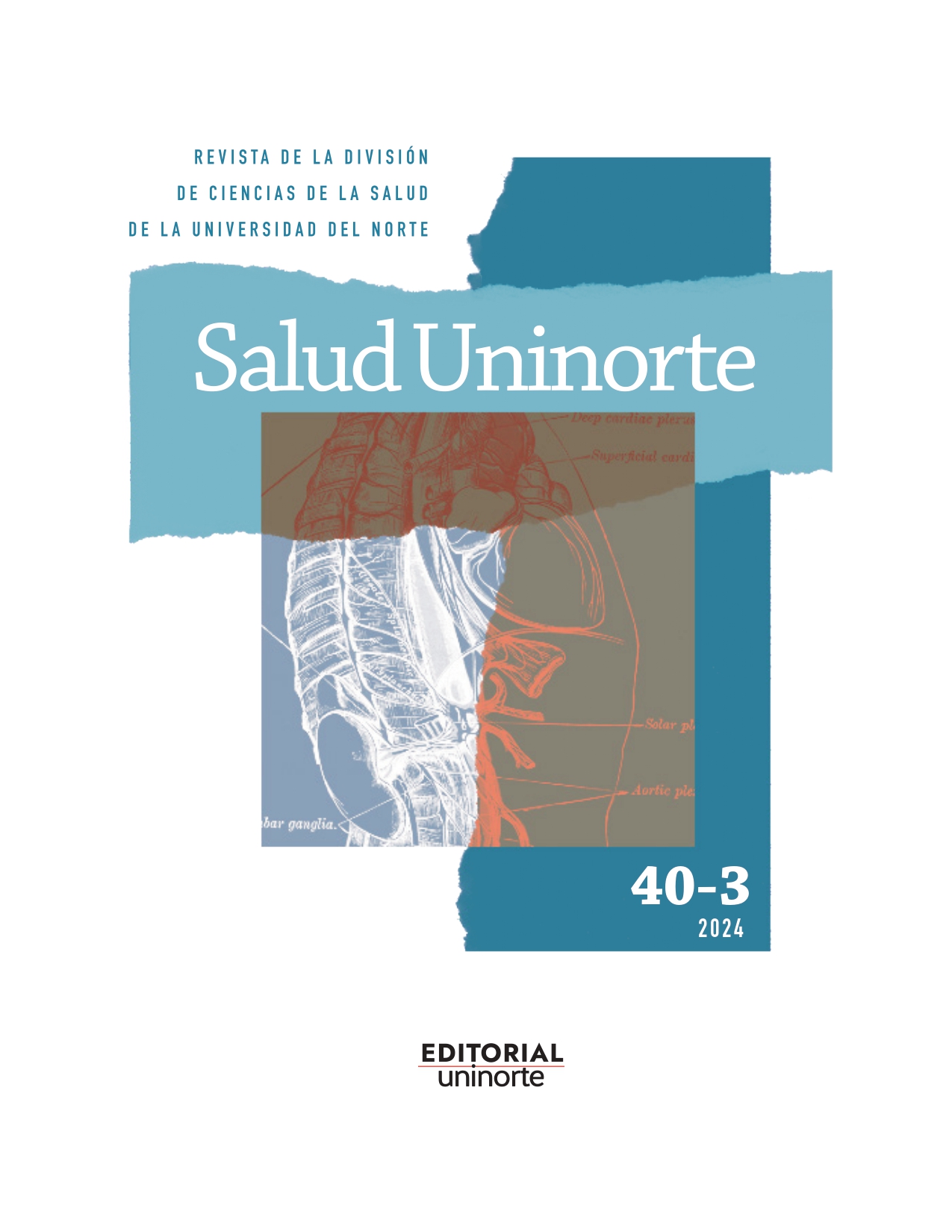Can the physician-patient relationship improve the health system in Colombia?
DOI:
https://doi.org/10.14482/sun.40.03.770.583Keywords:
Physician-Patient Relations, Delivery of Health Care, Health Planning, MotivationAbstract
The Physician-Patient Relationship is at the heart of medical practice. For more than two thousand years, it has evolved with advances in scientific knowledge, and it responds to the expectations of patients and physicians. Recently, it has also expanded its scope to meet the expectations of the healthcare system. From the Physician-Patient Relationship, patients expect respect, listening, recognition as a person, understanding, consideration of their concerns, trust, support, protection, and empowerment, among others. Physicians are expected to diagnose and prescribe treatments, to concentrate and respond despite time pressure, exhausting schedules, complex tasks, administrative tasks, work overload, electronic forms, etc. The healthcare system seeks universalization of coverage, financing, governance, and resource generation, considering as such the healthcare professionals needed to provide the services, ignoring that the Physician-Patient Relationship distinguishes healthcare services from any other type of service. The differences between the expectations of patients, physicians, and the healthcare system lead to problematic relationships, defensive medicine, and insufficient progress in the objectives of the healthcare system. To improve, the healthcare system must foster a productive Physician-Patient Relationship; one way to do this is to consider it an end of the system itself, instead of pigeonholing healthcare professionals as a resource.
Downloads
Published
How to Cite
Issue
Section
License
(COPIE Y PEGUE EL SIGUIENTE TEXTO EN UN ARCHIVO TIPO WORD CON TODOS LOS DATOS Y FIRMAS DE LOS AUTORES, ANEXE AL PRESENTE ENVIO JUNTO CON LOS DEMAS DOCUMENTOS)
AUTORIZACIÓN PARA REPRODUCCIÓN, USO, PUBLICACIÓN Y DIVULGACIÓN DE UNA OBRA LITERARIA, ARTISTICA O CIENTIFICA
NOMBRE DE AUTOR y/o AUTORES de la obra y/o artículo, mayor de edad, vecino de la ciudad de , identificado con cédula de ciudadanía/ pasaporte No. , expedida en , en uso de sus facultades físicas y mentales, parte que en adelante se denominará el AUTOR, suscribe la siguiente autorización con el fin de que se realice la reproducción, uso , comunicación y publicación de una obra, en los siguientes términos:
1. Que, independientemente de las reglamentaciones legales existentes en razón a la vinculación de las partes de este contrato, y cualquier clase de presunción legal existente, las partes acuerdan que el AUTOR autoriza de manera pura y simple a La UNIVERSIDAD DEL NORTE , con el fin de que se utilice el material denominado en la Revista
2. Que dicha autorización se hace con carácter exclusivo y recaerá en especial sobre los derechos de reproducción de la obra, por cualquier medio conocido o por conocerse, comunicación pública de la obra, a cualquier titulo y aun por fuera del ámbito académico, distribución y comercialización de la obra, directamente o con terceras personas, con fines comerciales o netamente educativos, transformación de la obra, a través del cambio de soporte físico, digitalización, traducciones, adaptaciones o cualquier otra forma de generar obras derivadas. No obstante lo anterior, la enunciación de las autorizaciones es meramente enunciativa y no descartan nuevas formas de explotación económica y editorial no descritas en este contrato por parte del AUTOR del artículo, a modo individual.
3. Declara que el artículo es original y que es de su creación exclusiva, no existiendo impedimento de ninguna naturaleza para la autorización que está haciendo, respondiendo además por cualquier acción de reivindicación, plagio u otra clase de reclamación que al respecto pudiera sobrevenir.
4. Que dicha autorización se hace a título gratuito.
5. Los derechos morales de autor sobre el artículo corresponden exclusivamente al AUTOR y en tal virtud, la UNIVERIDAD se obliga a reconocerlos expresamente y a respetarlos de manera rigurosa.
EL AUTOR
















